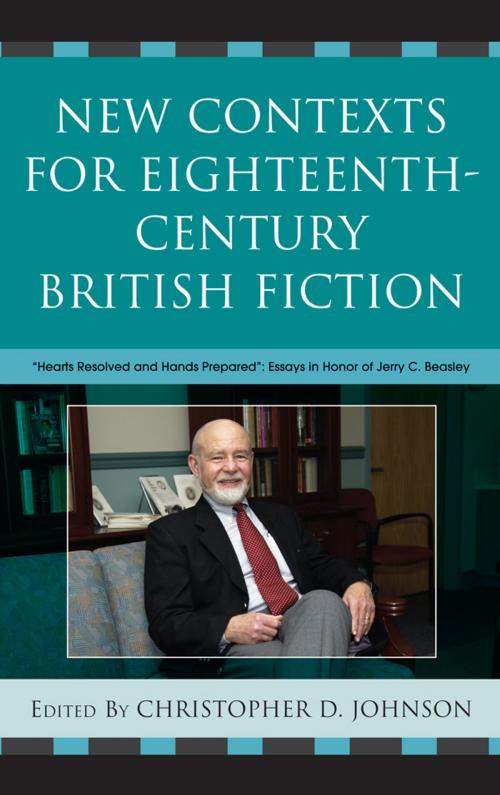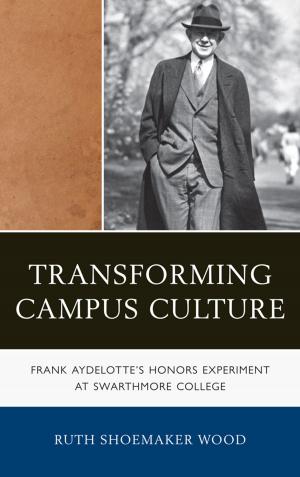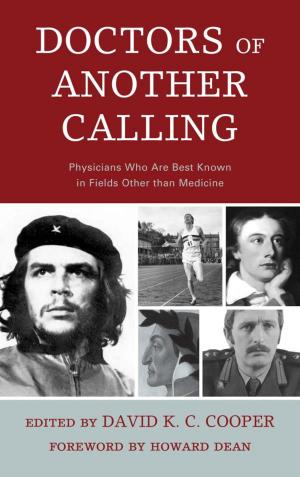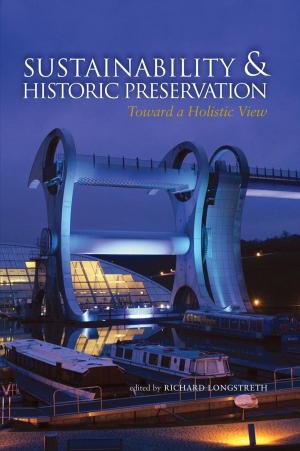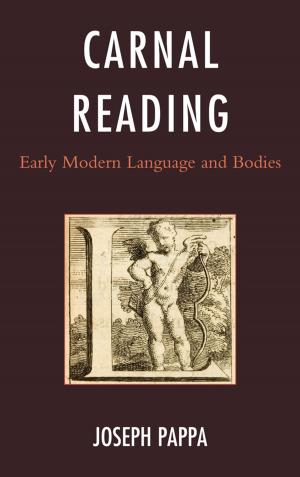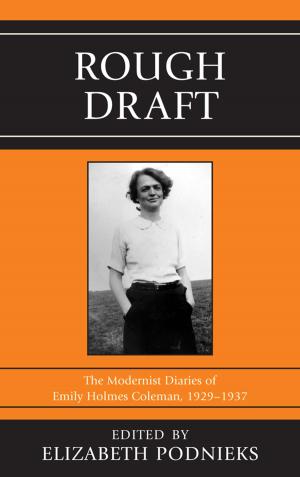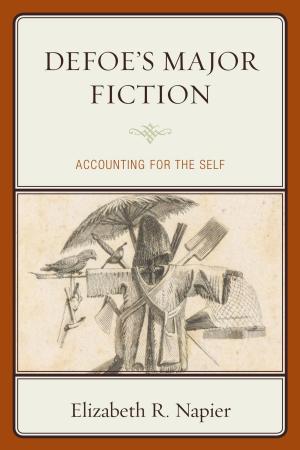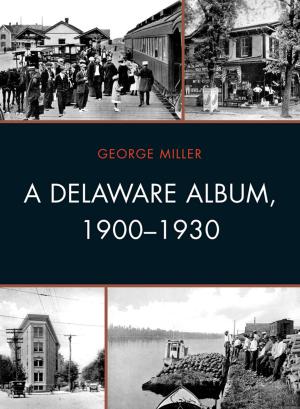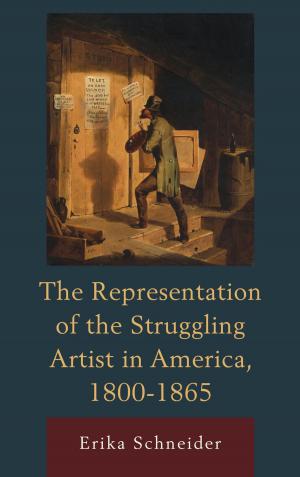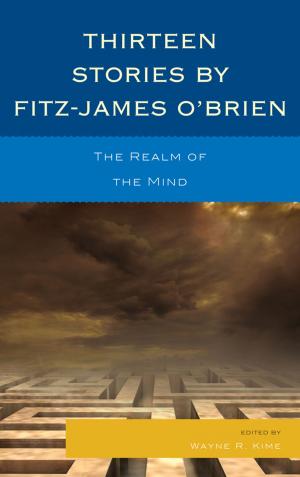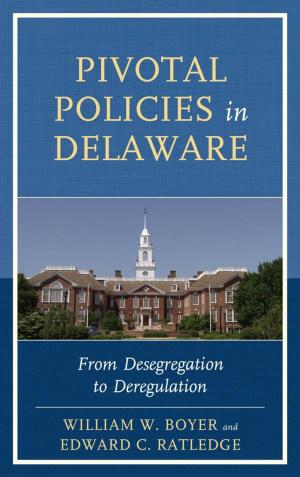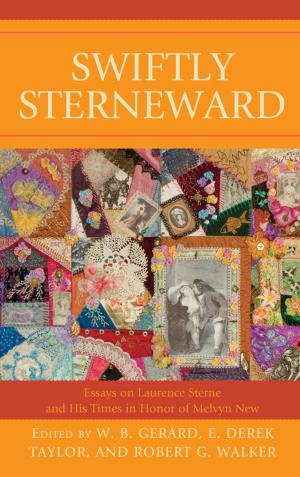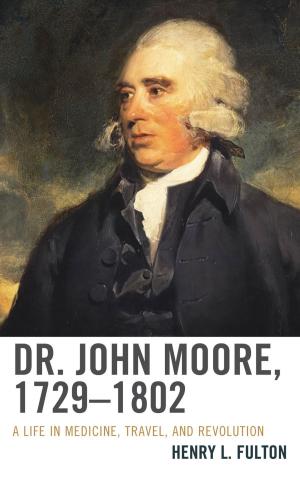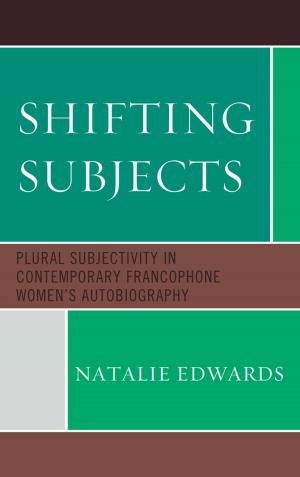New Contexts for Eighteenth-Century British Fiction
'Hearts Resolved and Hands Prepared'
Fiction & Literature, Essays & Letters, Essays| Author: | Christopher D. Johnson, Paula R. Backscheider, Leslie A. Chilton, Robert A. Erikson, Susan K. Howard, Marta Kvande, James E. May, Melissa Mowry, Alexander Pettit, Charles E. Robinson, Mary Anne Schofield, Rivka Swenson, O M Brack Jr. | ISBN: | 9781611490411 |
| Publisher: | University of Delaware Press | Publication: | April 18, 2011 |
| Imprint: | University of Delaware Press | Language: | English |
| Author: | Christopher D. Johnson, Paula R. Backscheider, Leslie A. Chilton, Robert A. Erikson, Susan K. Howard, Marta Kvande, James E. May, Melissa Mowry, Alexander Pettit, Charles E. Robinson, Mary Anne Schofield, Rivka Swenson, O M Brack Jr. |
| ISBN: | 9781611490411 |
| Publisher: | University of Delaware Press |
| Publication: | April 18, 2011 |
| Imprint: | University of Delaware Press |
| Language: | English |
New Contexts for Eighteenth-Century British Fiction is a collection of thirteen essays honoring Professor Jerry C. Beasley, who retired from the University of Delaware in 2005. The essays, written by friends, collaborators and former students, reflect the scholarly interests that defined Professor Beasley's career and point to new directions of critical inquiry. The initial essays, which discuss Tobias Smollett, Elizabeth Singer Rowe, and Samuel Richardson, suggest new directions in biographical writing, including the intriguing discourse of 'life writing' explored by Paula Backscheider. Subsequent essays enrich understandings of eighteenth-century fiction by examining lesser-known works by Jane Barker, Eliza Haywood, and Charlotte Lennox. Many of the essays, especially those that focus on Smollett, use political pamphlets, material artifacts, and urban legends to place familiar novels in new contexts. The collection's final essay demonstrates the vital importance of bibliographic study.
New Contexts for Eighteenth-Century British Fiction is a collection of thirteen essays honoring Professor Jerry C. Beasley, who retired from the University of Delaware in 2005. The essays, written by friends, collaborators and former students, reflect the scholarly interests that defined Professor Beasley's career and point to new directions of critical inquiry. The initial essays, which discuss Tobias Smollett, Elizabeth Singer Rowe, and Samuel Richardson, suggest new directions in biographical writing, including the intriguing discourse of 'life writing' explored by Paula Backscheider. Subsequent essays enrich understandings of eighteenth-century fiction by examining lesser-known works by Jane Barker, Eliza Haywood, and Charlotte Lennox. Many of the essays, especially those that focus on Smollett, use political pamphlets, material artifacts, and urban legends to place familiar novels in new contexts. The collection's final essay demonstrates the vital importance of bibliographic study.
